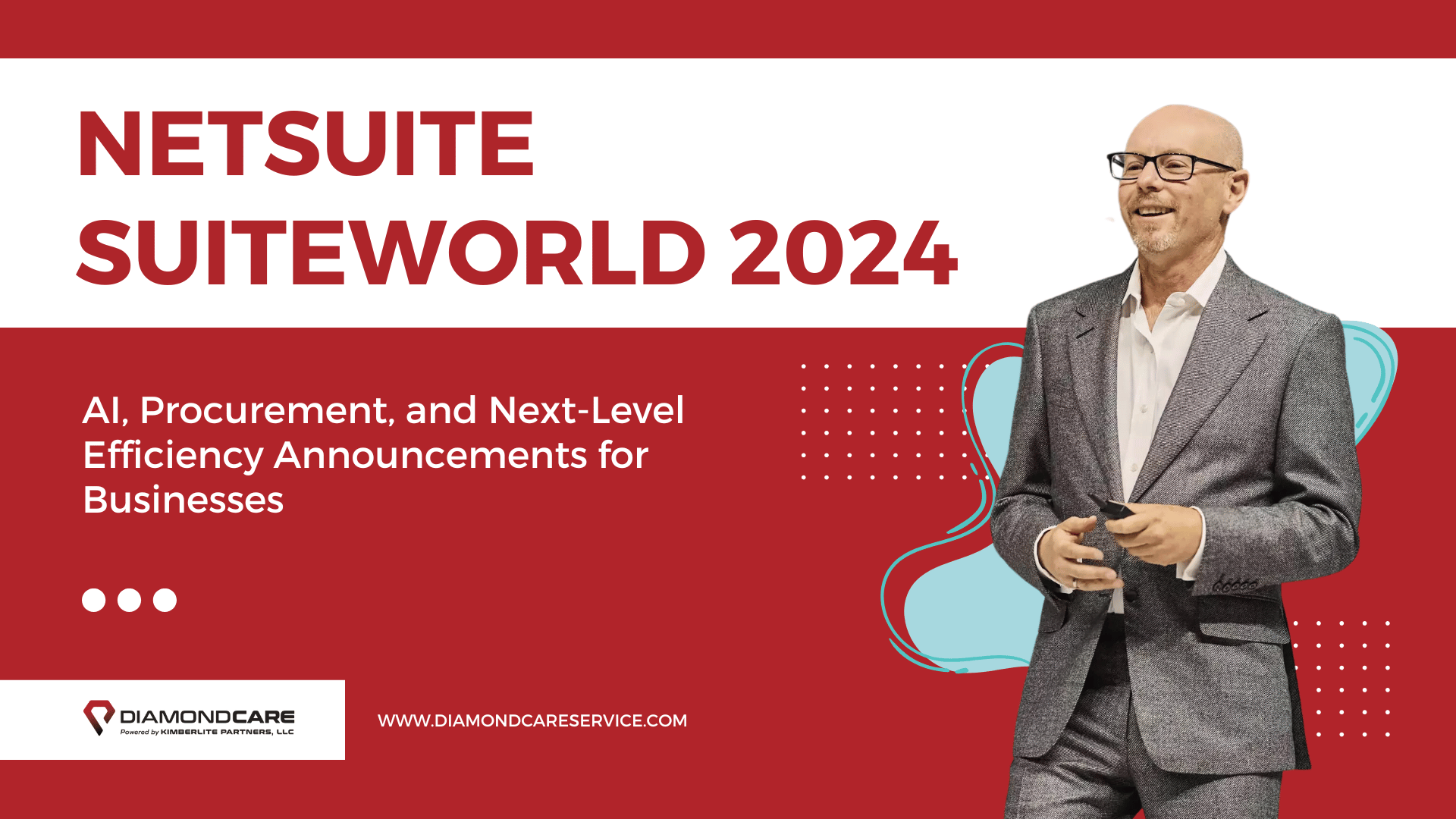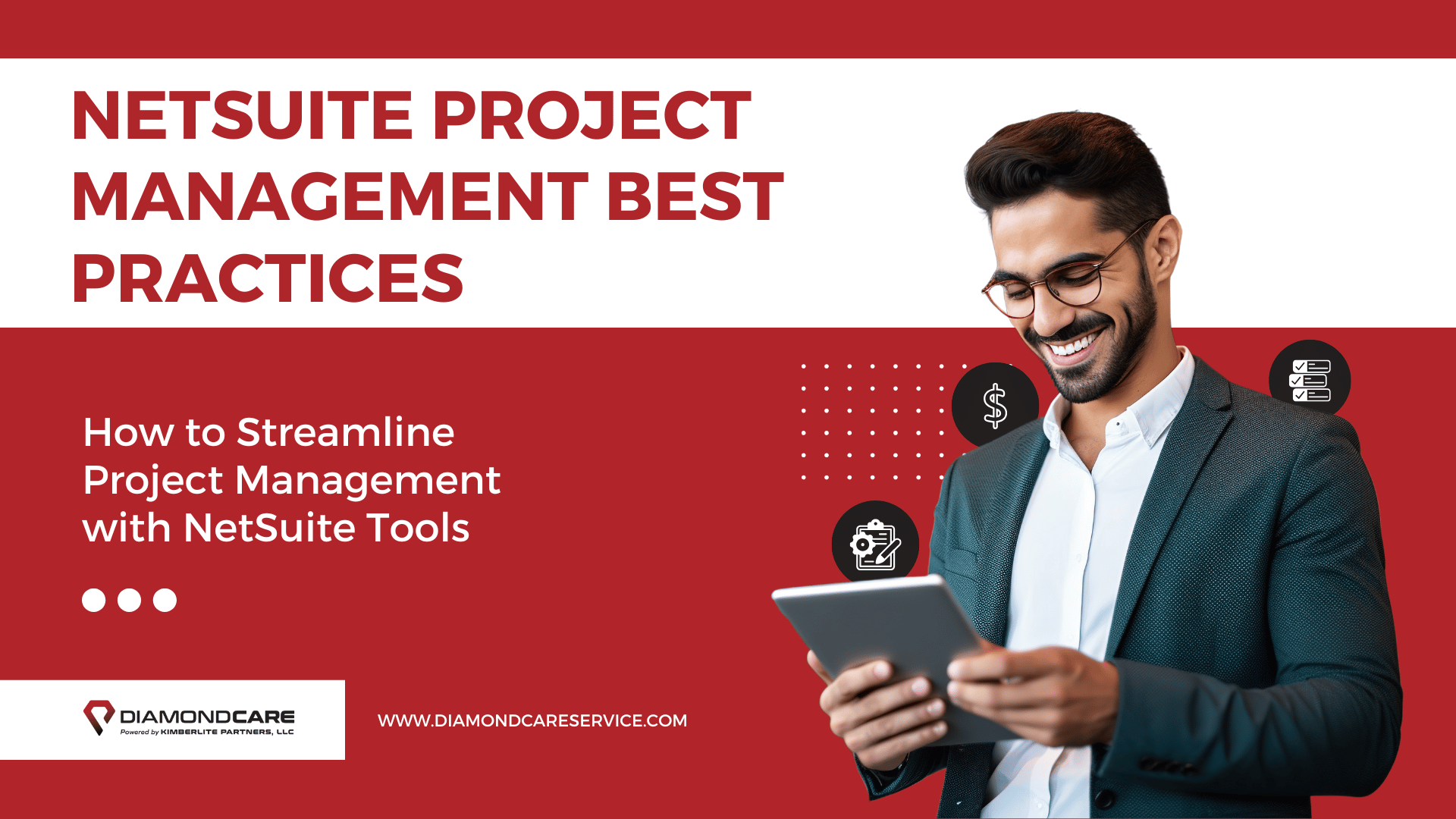“NetSuite SOAP Endpoints Are Being Sunset—Here’s What Your Business Needs to Do Now”
If your organization is still relying on SOAP-based integrations with NetSuite, the recent announcement about the NetSuite SOAP endpoint deprecation should be a wake-up call. With support ending for legacy SOAP Web Services starting in release 2026.1, it’s critical to rethink your roadmap now. Oracle NetSuite has officially announced that starting with the 2026.1 release, no new SOAP Web Services endpoints will be included by default. Going forward, updates will only be issued in exceptional cases based on specific business needs—effectively putting an expiration date on the legacy integration protocol.
Why does this matter? Because SOAP endpoints will now follow a strict three-year lifecycle. After that, they’re deprecated and unsupported, introducing real risks to any integration still depending on them. For companies with complex workflows—whether it’s ERP, invoicing, or customer portal connections—the countdown has already begun. The last guaranteed SOAP release is coming in version 2025.2. After that, maintaining system stability without transitioning to REST could become increasingly difficult, if not dangerous.
Oracle’s clear recommendation: move to REST Web Services and adopt the 2025.2 SOAP endpoint now to maximize your transition runway. And if you’re unsure how to approach it, services like Kimberlite Partners’ DiamondCare for NetSuite can guide you from risk assessment to a fully modernized integration stack.
TL;DR:
NetSuite is ending automatic SOAP endpoint updates starting in release 2026.1. Each SOAP endpoint will now have a 3-year support window, with the last scheduled release set for 2025.2. Organizations relying on SOAP must upgrade and begin transitioning to REST APIs immediately—or risk unsupported integrations, data errors, and security gaps.
Understanding the NetSuite SOAP Endpoint Deprecation Timeline
What’s Changing?
-
Oracle’s new SOAP Web Services policy introduces a much stricter lifecycle and update cadence:
-
No More Default SOAP Updates: Starting with the 2026.1 release, new SOAP endpoints will not be included by default. Instead, updates will only be made under exceptional circumstances.
-
Strict 3-Year Support Lifecycle: Each SOAP Web Services endpoint (WSDL) will be fully supported for three years after its release. Once this period ends, Oracle will no longer provide updates, patches, or technical support for that version.
-
Automatic Endpoint Retirement: With each new NetSuite release, the oldest supported endpoint will be retired. This creates a rolling, automated deprecation system.
-
Final Guaranteed SOAP Release: The upcoming 2025.2 release is the last scheduled release that will introduce a new SOAP endpoint. Beyond that, new versions will only be published under exception-based criteria.
This policy was detailed in Oracle’s June 2025 update, making it clear that the standard biannual endpoint cadence is ending. From 2026 onward, businesses can no longer expect reliable SOAP versioning or support.
Why This Matters to You
If your integration architecture relies on SOAP Web Services for:
-
Legacy ERP or CRM integrations
-
Automated financial workflows (orders, invoices, fulfillment)
-
Syncing external applications or third-party platforms to NetSuite
…then your business is exposed to real, time-sensitive risk. Once an endpoint version passes its three-year support window, it will stop receiving critical updates—including security patches—potentially leading to silent failures, broken automations, and vulnerabilities in production environments.
This is not a theoretical future—it’s a defined deprecation cycle. For example, Oracle has already announced the retirement of WSDL 2018.1 with the 2025.1 release. Customers still using this version must upgrade immediately to avoid system outages. Currently, NetSuite supports the latest six endpoints (roughly the past three years), with older versions being deactivated as accounts are upgraded.
Clarifying Confusion Around Endpoint Retirement
There’s been some confusion in the community—especially in forums like Reddit—around what “retirement” actually means. Some users interpreted the messaging to imply SOAP was being abruptly killed, but the truth is more nuanced. NetSuite is enforcing a scheduled deprecation model, not a full-on end-of-life (EOL) at once.
That said, there’s no mistaking Oracle’s directional intent: all new feature development is going into REST, not SOAP. Many users also pointed out that REST does not yet offer full parity with SOAP in terms of data models or business logic coverage. For example, SuiteTax is not fully exposed in REST, and legacy tax fields are becoming harder to access as Oracle pushes toward standardization.
This means organizations must not only migrate to REST—they must also validate functionality to ensure nothing breaks in critical use cases like taxation, fulfillment, or global subsidiary management.
Oracle’s Recommendation
Oracle is urging customers to:
-
Upgrade to SOAP 2025.2 as soon as it becomes available. This version will receive full support until 2028.2, buying you a critical window to plan and migrate without risking production systems.
-
Begin migration to REST Web Services, which use OAuth 2.0 for authentication, offer JSON payloads, and integrate more smoothly with modern platforms and microservices architectures.
Oracle’s REST APIs are the focus of ongoing investment and development, making them more scalable and secure than the legacy SOAP stack. However, given REST’s limited support for some niche or advanced NetSuite functionality, a hybrid integration model may be needed in the short term.
How DiamondCare Helps
At Kimberlite Partners, our DiamondCare for NetSuite offering is designed specifically to help clients transition smoothly during high-impact system shifts like this one. Here’s how our structured, end-to-end approach works:
Comprehensive Integration Audit
We begin by performing a full discovery of all existing SOAP dependencies—documented and undocumented alike. This includes custom scripts, Suitelets, scheduled workflows, and third-party middleware that may not be well-tracked.
Lifecycle Risk Assessment
Next, we evaluate each integration's criticality, identifying which systems are at highest risk based on their usage, technical debt, and dependency depth. This helps you prioritize migrations strategically rather than reactively.
SOAP Endpoint Upgrade
Our consultants ensure your environment is aligned with the latest supported SOAP version—2025.2—giving you the longest possible support window and reducing the risk of unexpected disruptions.
REST API Migration
We handle the heavy lifting of mapping SOAP payloads to their REST counterparts, rewriting logic, configuring new endpoints, and implementing OAuth 2.0-based authentication to enhance both security and scalability.
Parallel Operation & Validation
We enable dual-operation testing, where both SOAP and REST versions run concurrently for a defined period. This allows for real-time validation, fallback scenarios, and smooth transitions without jeopardizing your day-to-day business operations.
The Timeline You Should Follow
Now–2025.2:
Begin auditing your existing SOAP integrations. Identify high-risk connections, prepare documentation, and establish a migration roadmap.
At 2025.2 Release:
Upgrade to the final SOAP endpoint immediately to secure support through 2028.2. This is critical if a full REST migration isn’t yet feasible.
2025.2–2028.2:
Use this three-year grace period to execute a strategic, phased migration to REST APIs, thoroughly testing each component before cutover.
Ongoing:
Continue reducing reliance on outdated protocols, automate wherever feasible, and modernize your architecture for long-term sustainability.
Don’t Wait for Failure
From missed invoices and failed syncs to complete workflow breakdowns, the risks of unsupported SOAP endpoints are real—and growing. NetSuite is not offering an optional modernization here. This is a mandated transition, and the businesses that act early will be best positioned to minimize disruption and capitalize on modern integration capabilities.
Let’s Future-Proof Your NetSuite Environment
Whether you're running dozens of real-time data syncs across systems or maintaining a few mission-critical automation scripts, Kimberlite Partners’ DiamondCare is your partner in navigating the SOAP-to-REST migration. We'll guide your team with clarity, implement integrations with precision, and ensure zero business disruption throughout the process.
Schedule a discovery session with us today—and secure your NetSuite environment for the future.

.png?width=450&height=315&name=Untitled%20design%20(75).png)
.png?width=450&height=314&name=Untitled%20design%20(76).png)



